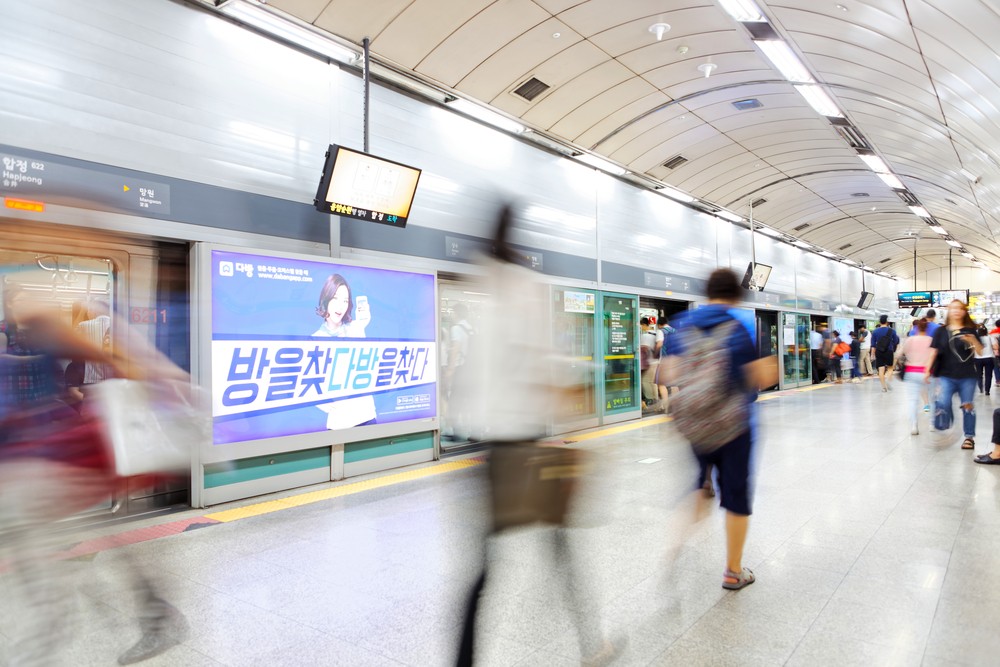Popular Reads
Top Results
Can't find what you're looking for?
View all search resultsPopular Reads
Top Results
Can't find what you're looking for?
View all search resultsAsia’s most overworked country succeeds in reducing work hours
Change text size
Gift Premium Articles
to Anyone
S
outh Korea’s parliament on Wednesday approved a bill to lower the limit on weekly work hours to 52 from 68, following years of battle among lawmakers, labor unions and businesses.
The passage is a win for President Moon Jae-in, who was elected last year promising workers a better life, including shorter work hours and higher incomes. Moon has also pushed through a 16 percent increase in the minimum wage this year.
South Koreans work 2,069 hours a year, the second-most after Mexico among members of the Organisation for Economic Co-operation and Development. While this was once considered essential to generate rapid economic growth, it’s now a grind that fuels problems including poor worker productivity and a low birth rate.
Read also: Japan's rethinking its culture of long work hours
The revision allows 40 regular hours per week and 12 overtime hours, including those worked on weekends. Employees will get 50 percent to 100 percent additional pay for weekends, depending on how many hours they put in.
As with the minimum wage hike, a backlash to the new limit is expected.
The Korea Federation of Micro Enterprise said small business owners who can’t afford to hire more employees would end up working longer hours themselves. It also said the restrictions would force employees to get additional jobs to make up for lost income.
The legislation will take effect in stages based on company size. Firms with 300 or more employees will need to abide by the law from July, and those with 50 to 299 workers from 2020.











